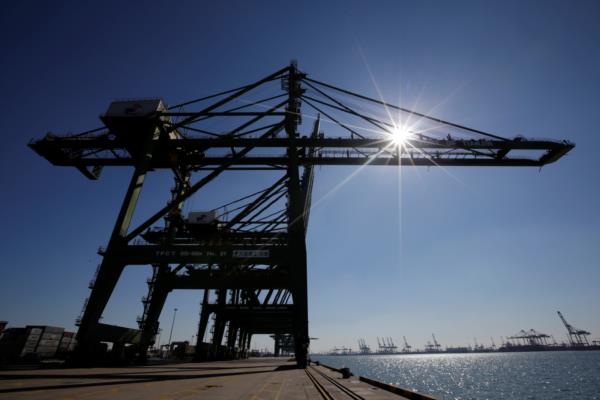
China has recently passed a new tariff law amidst escalating tensions with its trading partners. The move comes as a response to the ongoing trade disputes that have been simmering between China and various countries.
The new tariff law is seen as a strategic measure by China to protect its domestic industries and strengthen its position in the global market. It allows China to impose tariffs on goods imported from other countries, potentially impacting the cost of these products for Chinese consumers.
The passing of this law reflects China's commitment to safeguarding its economic interests and ensuring a level playing field in international trade. The country has been facing increasing pressure from trading partners over issues such as intellectual property rights, market access, and unfair trade practices.
China's decision to implement this tariff law is likely to further strain its relationships with key trading partners, including the United States and the European Union. The move could potentially lead to retaliatory measures from these countries, escalating the trade tensions even further.
As the global economy continues to face uncertainties and challenges, the implications of China's new tariff law remain to be seen. It is clear, however, that the dynamics of international trade are evolving rapidly, with countries taking assertive steps to protect their economic interests.







